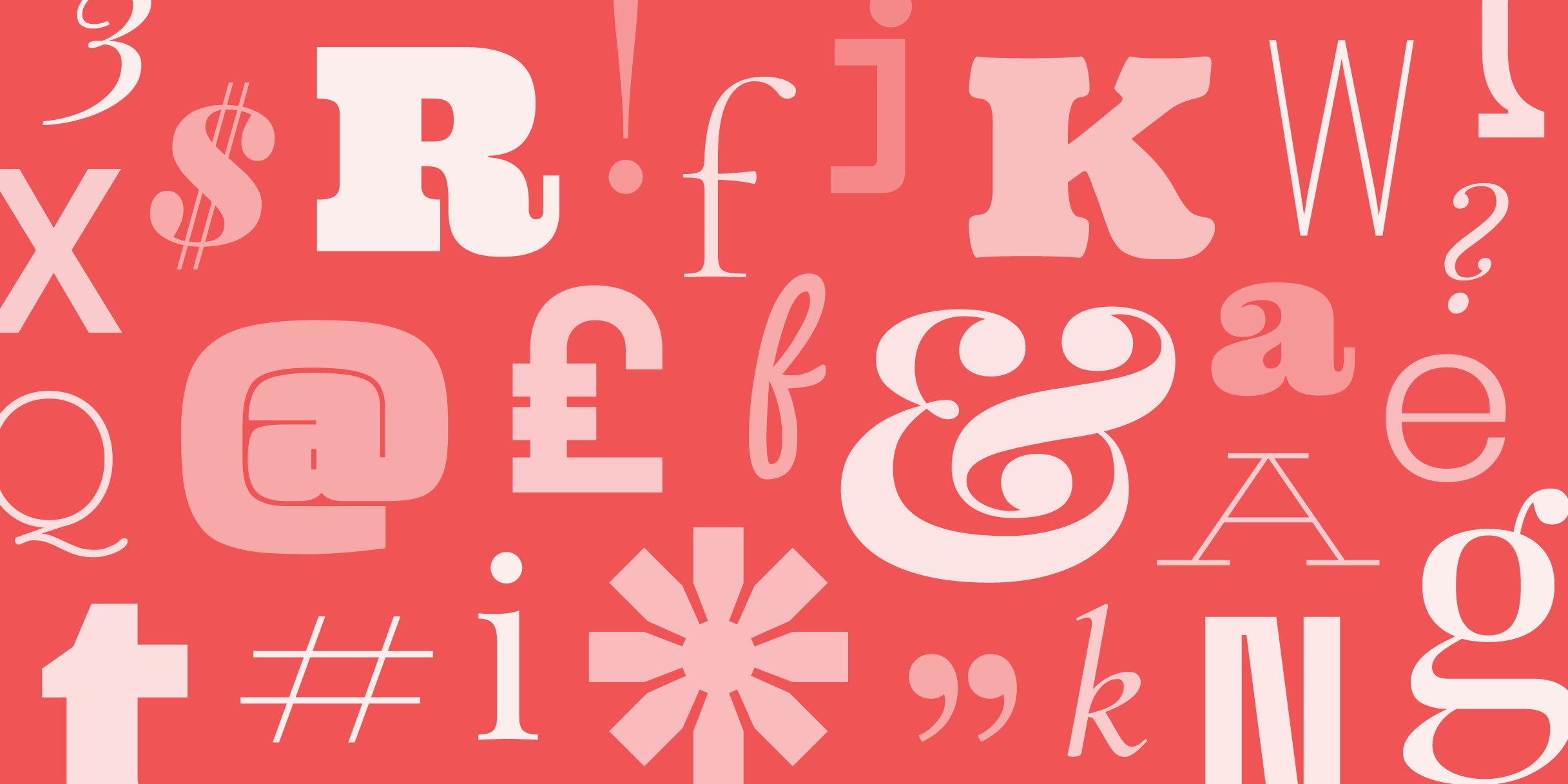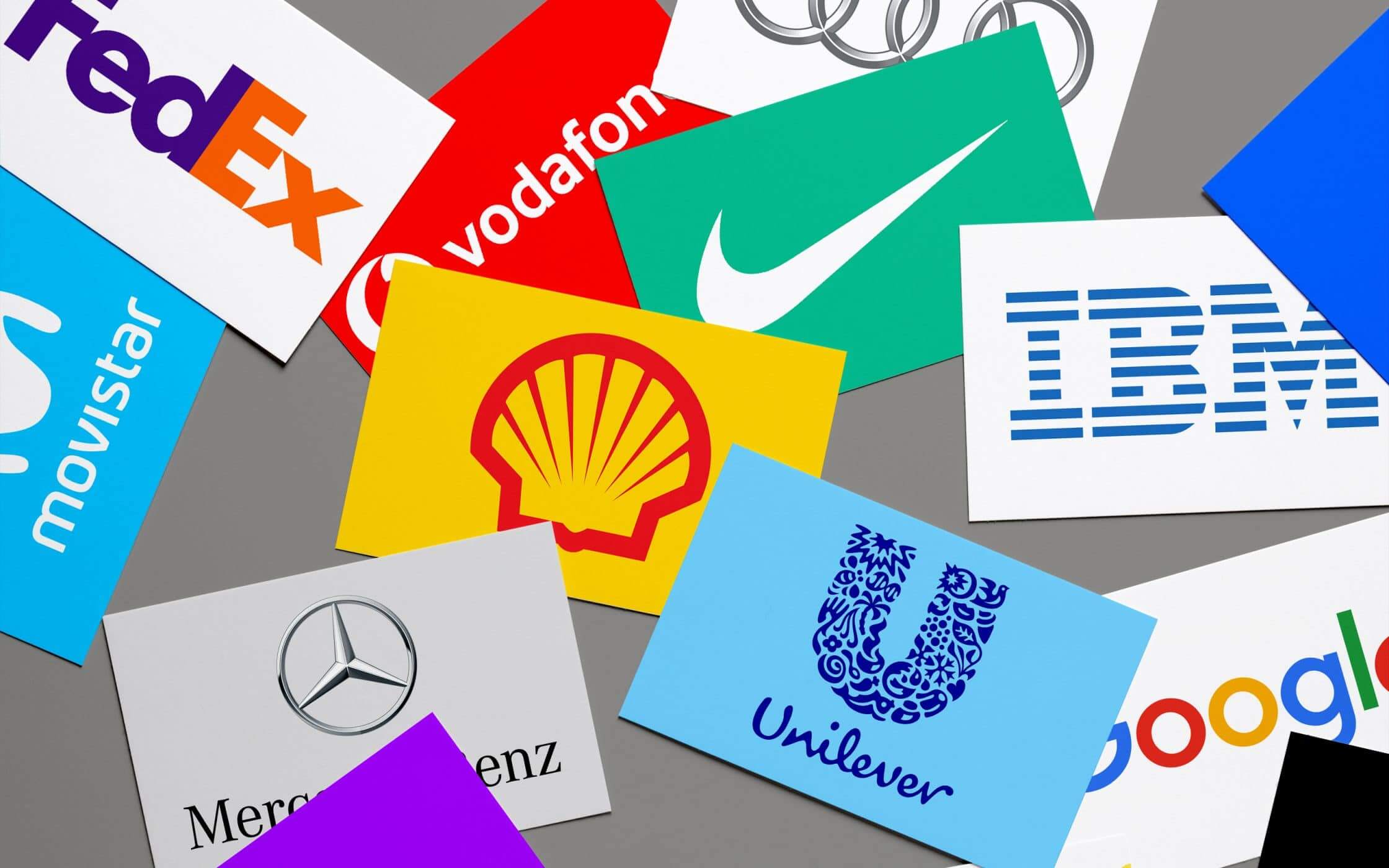1 year ago I made a pretty big life decision. I chose to leave university and dive head first into the world of freelancing. Although it was not a totally new world to me, I had freelanced part-time, I had never had to rely solely on my abilities as a designer to support myself.
When I made that initial decision I gave myself one rule: “If I can survive for 12 months then I can probably make a career from this.”
Given the current economic climate this became even truer. But, even though the economy is still in ruins and businesses are closing their doors up and down the country here I am, 12 months later and doing better than ever.
So here’s what I’ve learned over the past year of being my own boss.
Know What You Want
Although this may sound trivial it’s something that I’ve come to realise is crucial. There are thousands of people in the design industry who think they want to be a freelancer. Thousands of people who after a few months realise they REALLY don’t want to be a freelancer. The stress of being your own boss, not knowing where your next payment is coming from, having to chase up payments owed, keeping accounts becomes too much for them.
It takes a unique kind of person to be a successful freelancer and it’s not for everyone. You don’t have to be a superhero, but you do have to want it. Really think about your own mentality and if you really want to make the sacrifices that it takes to become a successful freelancer. During my first year I’ve made a lot of financial sacrifices, given up luxuries I didn’t need in order to continue to work for myself. If you think you can deal with the stresses of it then the rewards are very much worth it.
Play To Your Strengths
Seems kind of obvious, but many people try to do too many things and focus on everything, instead of focussing on the one or two things they are passionate and excel in.
I spent years learning many aspects of design from my mid-teens through to my time studying ‘Interactive Design’ at university and during those many years I learnt a lot about a lot of different things. However there was always one aspect that I had more of an interest for, and that was logo design and brand identity design.
From the off I knew this was what I really wanted to specialise in and make a career out of. That’s not to say I don’t do other things, as you can see from my blog and portfolio I also do web design and marketing material (leaflets, flyers etc) but it’s not what I market myself as. Although I’m competent in both these areas it’s in logo design and branding where I truly excel and where I receive most praise from other designers.
Because I’ve played to my strengths over the first 12 months of trading, and the work I’ve been doing is mostly logo design and brand identity my reputation is growing fast because I’m creating work I’m passionate about and proud of. Its work I want to show off to the world, if I’d have not been so focused and done more of other things this wouldn’t be the case.
Remember, as a freelancer you are one person you are not an agency, you will have a couple of specific areas you excel in so play to them.
Organisation, Organisation, Organisation
During my time at university the one thing I remember being told A LOT that being organised was imperative, I guess this applies to most situations in life too. I completely ignored this advice and thought it irrelevant, after all how hard is it to keep on top of a couple of uni projects?
Well as it turns out, not too hard. However, there is a massive difference when it comes to even just a single work project. Time management is crucial. There is so much more to think about as a freelancer than simply ‘the task in hand’. You also have to constantly be aware of:
- Your accounts, which you should ALWAYS keep on top of.
- Blogging
- Marketing yourself
- Working new leads
- Networking
- Looking after your website / SEO
- Keeping on top of payments and bills
That’s a brief list of things that you need to be doing whilst working on projects. Not to mention you need to keep on top of family life and your social life. It’s so easy when you work for yourself to neglect these and put work first all the time, working long hours into the night, working your weekends etc. There’s nothing wrong with this from time to time, but as the old saying goes
‘You work to live, you don’t live to work’
Be Careful Who You Work For And Who You Work With
There is a tendency as freelancer, especially when starting out, to take all work available to you and to work with anyone to try and maximise the amount of work you can do, and the amount you can earn.
Whilst this sounds perfectly logical, and possibly the correct approach to take, it’s far from true. It’s important to pick your clients wisely. These are people you are quite likely to be working with for a long time, do you really want to work with someone who is unorganised and makes your life 10 times harder as a result? Do you want to have to be constantly waiting and chasing them for feedback, content, or even worse payments? Do some research first. Talk to them, get to know them and use your own ability as a judge of character to see if they will be someone you feel you would want to work with.
The same applies when looking for people to partner up with on projects. Just because someone approaches you to work on project with them don’t think
‘Gotta do this, it’s a job that’s fallen right in my lap’
As with potential clients, do your research into this person/agency and find out if they’re reputable. Check for testimonials, better yet drop a couple of their clients an email to see what they really thought of them. You don’t want to spend your time working hard on a project, only to be screwed over by them not paying, or something else along these lines. This has happened to me before; don’t let it happen to you.
This brings me on to my next point quite nicely.
[divider]
Be Safe. Get Everything In Writing. Take Deposits
I wrote an article dedicated to this topic earlier this year ‘How Do You Secure Payment?’ but I thought I would revisit it again as it’s one of the most important aspects of working for yourself.
Even if you take the advice above and ‘screen’ clients and working partners before embarking on projects with them you still have to protect yourself. Always make sure you have everything in writing beforehand. Ensure you have a contract signed and TAKE A DEPOSIT.
At the end of the day you deserve to be paid for the time during the work as well as at the end of it, if you’re working on a 2 month project and only get paid at the end, you will find yourself possibly struggling financially during the project. This is why I would always advise taking a 50% deposit in advance. If a client is unwilling to do this then ask yourself
‘Are they committed to the project? If they won’t pay a deposit, will they pay the final balance?’
This isn’t to say they won’t pay, most will. But it protects you and ensures you will at least get some financial reward for the work you put in.
Again, I’ve been burned by not taking deposits and halfway through a project the client has decided they no longer want to continue, or the run out of money etc. This left me out of pocket for that time period. Although a deposit would still have left me without the final 50% I would still have earned something for my time and it’s a mistake I’ve never made twice.
Remember Your Worth
It’s hard when you’re setting up shop for the first time to know where you stand in the market. When people start out one of the first questions I see asked time and time again is ‘How much should I be charging?’
The answer is simple; whatever you feel comfortable charging for your time. You know how much time you’ve spent perfecting your craft, you know how good you are and also how much you need to earn to survive.
What you have to remember is you will never compete with the bottom of the barrel in this industry. There will always be someone who is going to undercut you. As a logo designer there’s no way I should be able to compete with companies and other freelancers offering logo design services for £50 and under, but I do. This is because I know I’m better than these people and I know I charge a fair price for what I offer, 9 times out of 10 clients will agree with this. The ones who don’t? Do you really want to work with them anyway?
Also remember you are not simply charging for the task of designing a logo or a website, you’re charging for your customer service as well, ensuring that your client is looked after in the best possible way, helping them and guiding them through the whole process. This isn’t something that they are going to get for £50, stress this point to them.
As a rough guide at what other people are charging check out this: http://cole007.net/blog/86/freelance-rates-survey-2011
The final thing I’ve learnt in my first year, and in some ways the most important is…
Have Fun and Enjoy It
I never wanted to work for an agency doing the whole 9-5 routine so working for myself was the only option. I’ve not regretted it one bit. Yes there have been times where I’ve been stressed out beyond belief, I’ve lost money here and there, but these are things that will become fewer and far between as I get more experience.
The main thing I will take from this first year is I’ve never spent 12 months in a job and enjoyed it as much as I have doing this. The lifestyle suits me perfectly, I can work when I want, and more importantly, on WHAT I want. For anyone thinking about taking up a career as a freelance designer I can’t stress enough that it is one of the most enjoyable and satisfying things you can do.
Having spent a year doing what I do, I don’t think I could ever not do it anymore and I would strongly suggest if you think you have what it takes, do it. You won’t regret it.



